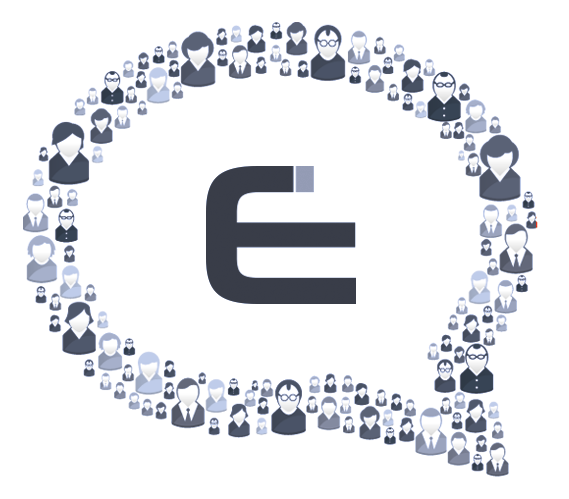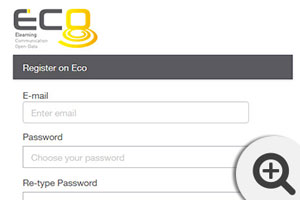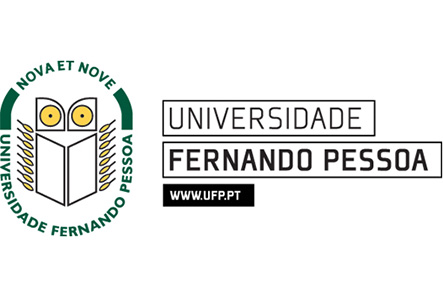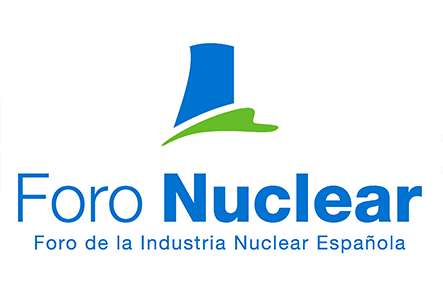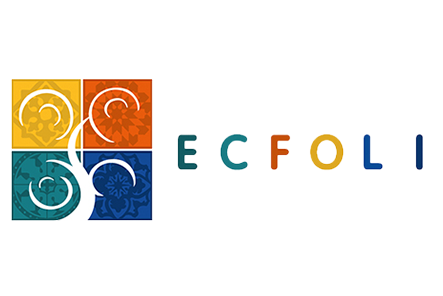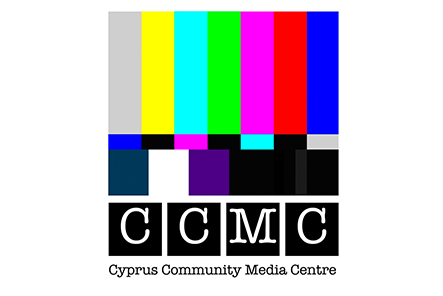27.11.2015 – Microsoft has become contributing member and ambassador for ECO Project: collaboration will be mainly focused on dissemination tasks, while OpenMOOC-supported courses will be hosted on Microsoft Azure cloud computing solution.
Microsoft is the new associate partner at ECO Project, thanks to a Framework Agreement signed in Madrid on 25th of November, with Spain’s National University of Distance Education (UNED).
The agreement, signed by UNED’s rector Alejandro Tiana and Microsoft Ibérica’s President, Pilar López, reflects both institutions’ commitment to promote the implementation of cutting-edge technologies on teaching contexts. The venture aims to encourage open, online and massive education, while setting up an innovative educational environment meant to become an international reference on Information and Communication Technologies.
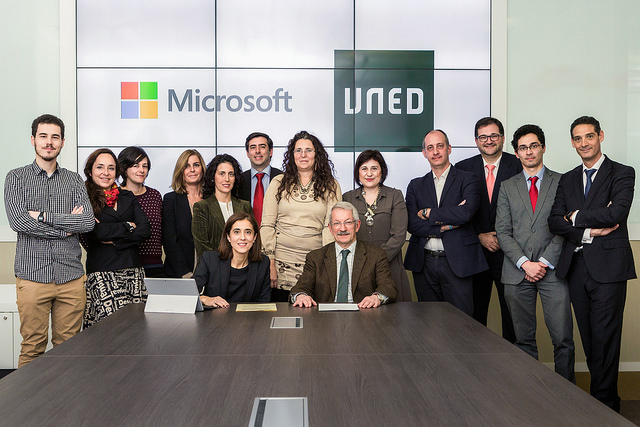
Signing agreement between Microsoft and UNED for ECO Project
In the photo, back row: Alejandro Silva (University of Zaragoza, ECO Learning Project), Ángela Benavides (UNED, ECO Learning Project), Patricia Ventura (UNED, ECO Learning Project), María Dolores Castrillo (UNED, ECO Learning Project), Elena Martín Monje (UNED, ECO Learning), Gonzalo Díe (Director Sector Publico, Microsoft Ibérica), María García Alonso (vice chancellor Continous Learning Programs, UNED), Sara Osuna (Coordinator ECO Learning Project,UNED), Javier Viñulaes (Geographica, Manager Technical Workgroup WP3, ECO Learning Project), Vicente Montiel (Tabarca Consulting, Manager Buiness Development Workgroup WP6, ECO Learning Project), Víctor Tienda (BIC Euronova, Project ECO Learning), Oscar Sanz (VP of Education, Microsoft Ibérica). Sitting at the table: Pilar López Álvarez (President of Microsoft Ibérica), Alejandro Tiana Ferrer (Lord Rector of the UNED).
As associate partner at ECO Project, Microsoft will contribute with its wide experience and knowledge on digital communication in order to help disseminating the Project’s activities and results. The agreement focuses on promoting the use of MOOCs among the European academic community through Microsoft’s subsidiaries throughout the continent. Microsoft will also play an active role designing and developing such courses, mainly addressed to educators and focusing on didactic applications of MS technologies.
Planned collaboration actions include the migration of UNED’s open code platform OpenMOOC to Microsoft Azure, the company’s cloud computing solution. It will be the largest migration carried out by Microsoft in Europe’s education context to the moment, and shows the company’s support to open code and its will to contribute to the sector’s digital transformation.
In addition, ECO Project’s 4.000 expected e-teachers will be offered the use of Office 365 service.


